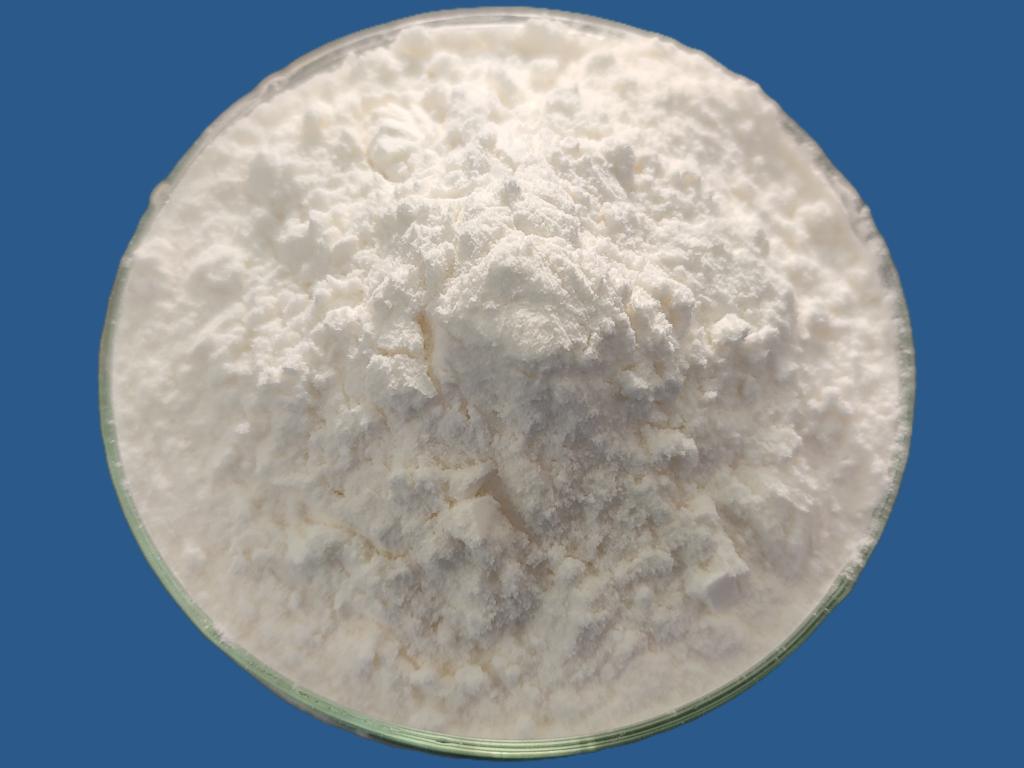
 CONTACT
CONTACT
- Linkman:Linda Yao
- Tel: +8618231198596
- Email:linda.yao@dcpharma.cn
- Linkman:CHARLES.WANG
- Department:Overseas
- Tel: 0086 0311-85537378 0086 0311-85539701
What is the recommended dosage of ε-Polylysine hydrochloride for different applications?
TIME:2023-03-21
Food Preservation
The most common use of ε-PL is as a food preservative. It is effective in inhibiting the growth of a wide range of bacteria, yeasts, and molds, and is commonly used to preserve meat, seafood, dairy products, and baked goods. The recommended dosage of ε-PL for food preservation varies depending on the type of food product and the desired level of preservation.
In general, the recommended dosage of ε-PL for food preservation is between 0.1 and 1.0 grams per kilogram (g/kg) of food product. The exact dosage will depend on factors such as the pH of the food, the water activity level, and the storage temperature. Foods with higher pH levels and water activity levels require higher dosages of ε-PL for effective preservation.
It is important to note that while ε-PL is generally considered safe for human consumption, excessive use can lead to an unpleasant taste and odor in the food product. Therefore, it is recommended to use the lowest effective dosage of ε-PL for food preservation.
Cosmetics and Personal Care Products
ε-PL is also used in cosmetics and personal care products as a preservative and antimicrobial agent. It is effective in preventing the growth of bacteria and fungi, and is commonly used in products such as shampoos, conditioners, and lotions.
The recommended dosage of ε-PL for cosmetics and personal care products varies depending on the specific product and its formulation. In general, the dosage of ε-PL in these products is lower than in food products, typically ranging from 0.05% to 0.2% of the total product weight.
It is important to note that ε-PL can have a drying effect on the skin and may cause irritation in some individuals. Therefore, it is important to use ε-PL in moderation and to test products containing this substance on a small area of skin before use.
Medical Applications
ε-PL has also been investigated for its potential medical applications, including as an antimicrobial agent in wound dressings and as a drug delivery system. In these applications, the recommended dosage of ε-PL varies depending on the specific application and the desired outcome.
For example, in wound dressings, ε-PL is typically used at a concentration of 0.1% to 1.0% of the total weight of the dressing. This dosage is effective in preventing bacterial growth and promoting wound healing.
In drug delivery applications, ε-PL is used as a coating material to protect drugs from degradation and to control their release. The recommended dosage of ε-PL in these applications varies depending on the specific drug and its formulation.
It is important to note that ε-PL has not been extensively studied for its medical applications, and further research is needed to fully understand its potential benefits and risks in these contexts.
Conclusion
In conclusion, the recommended dosage of ε-PL varies depending on the specific application and the desired outcome. For food preservation, the recommended dosage is typically between 0.1 and 1.0 g/kg of food product, while in cosmetics and personal care products, the dosage is typically between 0.05% and 0.2% of the total product weight. In medical applications, the recommended dosage varies depending on the specific application and the desired outcome.
When using ε-PL, it is important to follow the recommended dosage guidelines and to carefully consider the specific application and context in which it will be used. Factors such as pH, water activity, storage temperature, and formulation can all affect the effectiveness of ε-PL, and it is important to carefully evaluate these factors when determining the appropriate dosage.
It is also important to note that while ε-PL is generally considered safe for human consumption, excessive use can lead to an unpleasant taste and odor in food products, and may cause skin irritation in some individuals. Therefore, it is important to use ε-PL in moderation and to test products containing this substance on a small area of skin before use.
In summary, ε-PL is a versatile natural polymer that has a wide range of applications in food preservation, cosmetics, personal care products, and medical applications. The recommended dosage of ε-PL varies depending on the specific application and context, and it is important to carefully consider these factors when determining the appropriate dosage. With proper use, ε-PL can be an effective and safe preservative and antimicrobial agent in a variety of contexts.
- Tel:+8618231198596
- Whatsapp:18231198596
- Chat With Skype







